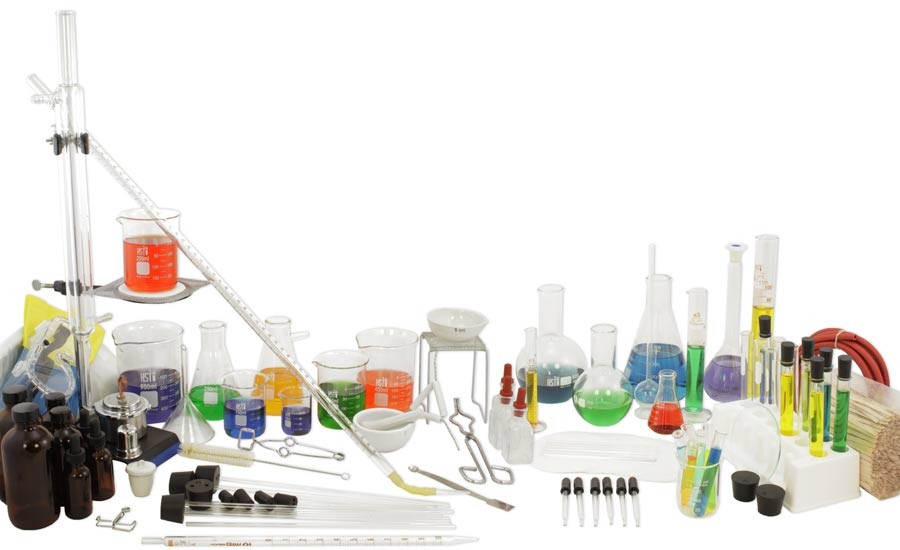For the general labware equipment market, a combination of diagnostic or patient-related factors coalesce with the need for biosciences companies to provide effective drugs within a limited period of time. Stringent regulations of the drug development process have increased global activity for clinical laboratories in terms of quantity and quality.
Some market trends include aging populations within developed economies, a rise in neurological diseases and other age-related disorders, and an expected dramatic increase in autoimmune disease in North America. All these trends are expected to intensify research activity with respect to biosciences and also the pressure to cut costs. On the other hand, automation has become an indispensable tool to enhance accuracy and convenience.
Geographically, the largest market for glass and plastic labware is the United States and the developed economies of Europe. This is due to the fact that traditionally these regions have been at the forefront of research and development activities in various end-use markets such as biotech/life science research, clinical research, forensic science, etc. However, Asian countries where research and development activities are being outsourced are expected to be the new markets for plastic and glass labware.
Moreover, the emergence of concepts such as personalized medicines has led to a focus on companion diagnostics/personalized therapy. Companion diagnostics are expected to lead to effective outcomes as a physician’s treatments are based on a patient’s response to the therapy, which is identified through various tests conducted on the patient. This is also extremely important in developing targeted therapies for cancer, qualifying biomarkers, improving efficacy of drugs, reducing costs and providing safer drugs.
According to BCC Research's
General Laboratory Equipment: Global Markets (IAS078B), the global market for general labware was valued at nearly $4.9 billion in 2014. This market is expected to reach $5.4 billion in 2015 and $9.4 billion by 2020, with a healthy compound annual growth rate (CAGR) of 11.7% from 2015 to 2020.
"There has been a recent focus on diagnostics following the need for early diagnosis and cost control in providing outpatient treatment in hospitals where possible," says BCC Research's instruments and sensors analyst Bhavna Joshi. "In developing economies, there has been a significant increase in awareness related to health issues among the general public. More than 60% of decisions related to hospital admissions, discharge, and treatment options depend on lab tests. These factors have increased the importance of diagnostic labs around the globe."
EIGHT KEY MARKETS AND TECH TRENDS
Laboratory companies are facing increasing challenges, including intense competition, pressure to cut costs, lack of skilled labor, and sudden outbreaks of new diseases (e.g., H1N1 virus). However, labs are meeting these challenges through a range of strategies.
1) Mergers and acquisitions (M&A): Companies in the market are looking at joint ventures and M&A to expand their product and services portfolio and competencies as well as to venture into new geographies to meet the market needs. In addition to diversification, these also help in expanding scale of operations, especially into areas such as emerging markets.
2) Point of care testing (POCT): POCT provides medical testing at bedside or at the site of patient care. These are typically simple tests such as urine test strips and simple imaging. Even observations such as ECG, O2 saturation and heart rate measurement can now be provided as point of care.
3) Continuous focus on technology innovations: The focus on technology is primarily to impact the areas of costs, time, resources and accuracy levels. In the last few years, outcome optimization has played a critical role in patient care. Patient care is good when the clinical benefit is optimal, while cost and use of invasive treatment is minimal.
4) Laboratory automation will be used for processing power and database schemes needed to control the real-time clinical, business and operational requirements of the clinical laboratory.
5) Transplantation is another important healthcare driver and will continue to be so in the future. Today, bone marrow transplant procedures are done on an outpatient basis, with many other transplant programs shifting to the concept of cooperative care. Here, a portion of the patient’s care is given on an inpatient basis, while the remaining is in a step-down or outpatient environment.
6) Genetic therapies and genetic testing are a matter of concern and should not be overlooked or minimized. Genetic testing predicts the occurrence of disease, behavior of therapeutic modalities and outcomes. Any of these factors could cause uncertainty in healthcare financing; thus, indemnity insurance and other plans that cover a patient for a fixed amount can now determine an exact fee. It will also shift costs for a majority of the population to individuals based on their genotypes.
7) Disease and health management is another critical healthcare trend. Over the last few years, many companies dealing with disease and health management have been formed that have developed Internet-based products through which patients can maintain a record of health events, diet, health history, exercise activity and other such areas.
8) Another significant disease management trend is focused on outpatient therapies, with asthma and allergies and diabetes, the two main segments of focused outpatient therapy optimization. Even technological factors have an impact on global healthcare trends as technology causes a rise in expense for health systems, and it increases efficiency only when well implemented.



